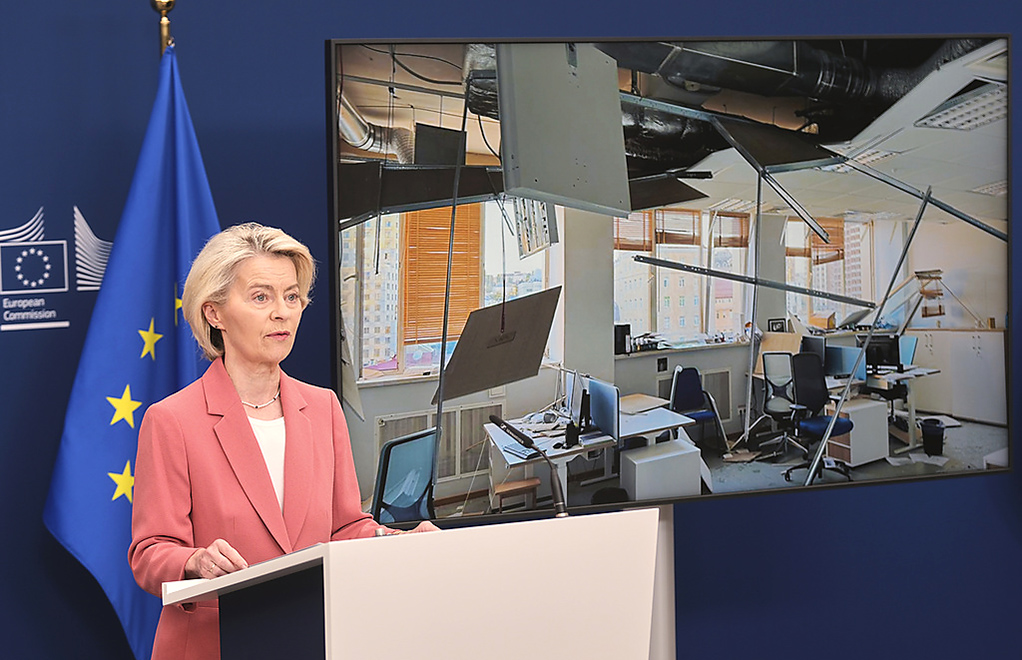EU Eyes Transfer of Nearly €200B in Frozen Russian Assets for Ukraine’s Reconstruction

The European Commission is preparing a mechanism to redirect nearly €200 billion in frozen Russian assets toward Ukraine’s reconstruction.
The Gaze reports this, referring to Politico.
Supporters see the initiative as a potential step toward outright confiscation of Russian state holdings – a punitive measure that could eventually force Moscow to shoulder war reparations.
“We are advancing the work on the Russian frozen assets to contribute to Ukraine’s defense and reconstruction,” Commission President Ursula von der Leyen said.
Unlike full confiscation, which most EU states oppose due to legal and financial risks, the current plan focuses on restructuring how the assets are invested.
Negotiations are expected to intensify these days, when all 27 EU foreign ministers will debate the proposal for the first time at an informal meeting in Copenhagen.
The Baltic nations and several eastern EU members have long urged total seizure of Russian sovereign funds. Within the Commission, Economic Affairs Commissioner Valdis Dombrovskis and foreign policy chief Kaja Kallas are among the leading advocates.
But resistance persists from heavyweight economies including Germany, Italy, and Belgium. Brussels-based Euroclear, which safeguards most of the frozen assets, has warned that riskier investment strategies could expose EU taxpayers to losses.
Belgium, initially cautious, has recently shown more openness to the Commission’s plan, while Spain and other southern European states are also leaning in favor.
Under current EU rules, sanctions must be renewed every six months, meaning a single member state could theoretically veto and unblock Russian assets. Hungary is considered most likely to take such a step.
By transferring the funds into a new special vehicle, potentially modeled on the European Stability Mechanism, the EU could avoid unanimity requirements and secure greater control over how the assets are managed.
In addition, such a fund could also be opened to G7 partners including the UK and Canada, both strong supporters of asset confiscation, an EU official told Politico.
As The Gaze previously reported, Ursula von der Leyen also said that the EU is set to approve a 19th package of sanctions against Russia in response to Russia's overnight missile attack on Kyiv.